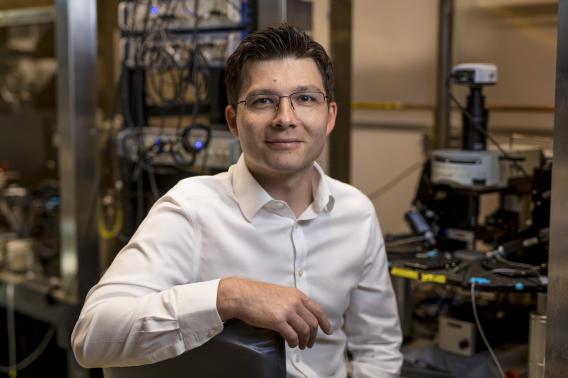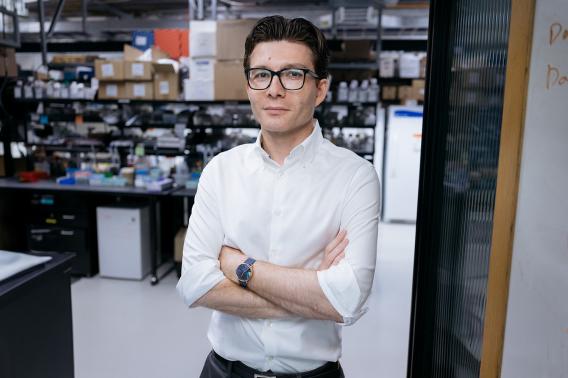Project Summary
Our Vision
A critical challenge in understanding the intricate programs underlying the development, assembly, function, and dysfunction of the human brain is the lack of direct access to functioning human brain tissue for detailed investigation by imaging, recording, and stimulation. This has resulted in slow progress in understanding and treating brain disorders. Bridging campus-wide expertise in neurosciences, stem cell biology, engineering, chemistry, medicine and law/ethics, and leveraging unique technology developed at Stanford, we propose to develop the Stanford Brain Organogenesis Program. This effort aims to recapitulate neural development in a dish by building next-generation technologies for deriving, non-invasively, from stem cells, functioning human brain tissue. We will use these ‘brain-a-dish’ models to understand how human neurons talk to eachother and identify what goes wrong when mental disorders develop. To maximize the impact of our research, we also propose to broadly share this technology and, as it advances, to develop ethical guidelines for this new emerging field.Project Details
Program:
Funding Type:
Big Ideas in Neuroscience Award
Award Year:
2018
Lead Researcher(s):
Team Members:
Bianxiao Cui
(Chemistry)
Henry T. (Hank) Greely
(Law)
Michael Lin
(Neurobiology)
Sarah Heilshorn
(Materials Science & Engineering)
Zhenan Bao
(Chemical Engineering)


